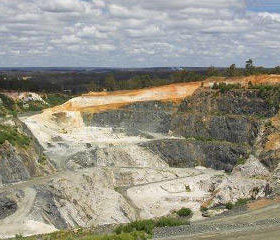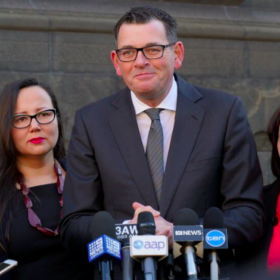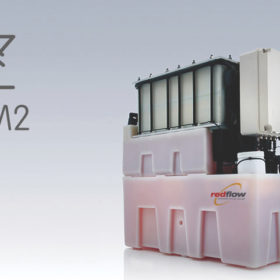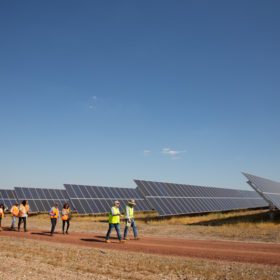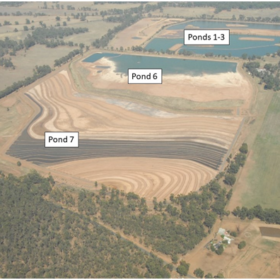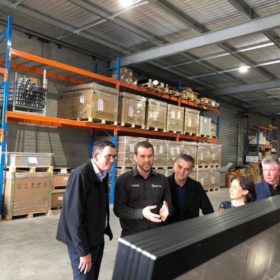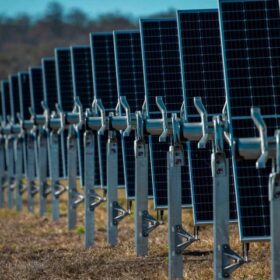SonnenFlat available in Victoria
Victorian households can now sign up for sonnenFlat, an energy plan that offers a guaranteed annual energy allowance including solar, storage and grid energy usage for a fixed fee.
WA establishes Energy Transformation Taskforce, backs battery metals exploration projects
Western Australia’s government says nearly a third of successful applicants in the latest round of the state-backed commodity exploration scheme hopes to discover battery materials. In other news, the state government has established the Energy Transformation Taskforce in response to the energy sector’s transition from coal to renewables and distributed energy resources.
Victoria to honour rebate on installs lacking eligibility number
The Victorian Government has taken the decision to pay rebates, under its Solar Homes package, to some 600 otherwise eligible households who installed solar PV systems but failed to follow the program’s procedure.
Redflow readies for smart grid project in China, infrastructure rollouts in Australasia
The Brisbane-based energy storage company has been contracted to supply its zinc-bromine flow battery solution for a smart grid projects sponsored by China’s National Energy Bureau. It has also secured a preferred supplier status with New Zealand-headquartered Soul Energy to provide batteries for the first of a number of expected infrastructure projects throughout Australasia.
Developers take Queensland government to court over new solar installation rules
The developers of the 35 MW Brigalow Solar Farm are challenging the new solar installation rules introduced by the Queensland government.
Scientists cast light on how potassium can fix perovskite cells
Doping perovskite solar cells with potassium is said to eliminate interface trapping defects and mobile ion migration. ‘Hysteresis suppression’ is key for more efficient cells based on the promising material.
Gold miner to build 60 MW solar farm on former evaporation ponds
Australian miner GBM Gold is planning to repurpose the Woodvale evaporation ponds near Bendigo in central Victoria and build a utility-scale solar farm. One part of the project will be a floating solar array.
NSW Tweed Shire Council adds to its growing solar energy portfolio
Tweed Shire councillors voted last week for the installation of a 604 kW ground-mount solar power system at the Banora Point Wastewater Treatment Plant. This announcement follows last month’s addition of a 165 kW solar array atop the Tweed Regional Aquatic Centre (TRAC) in Murwillumbah.
Decision on Victorian solar public housing imminent
After continued pressure from residents, the Andrews Government is set to make a decision on whether to include public housing tenants in its solar rebate scheme. The decision is pending publication of The Solar Opportunities for Public Housing Assets report expected later this month.
Senec seeks to expand reach in Australia with new investor on board
The Australian arm of German energy storage provider Senec has welcomed Mark Keogh as a shareholder and member of the board of directors. Keogh is the founder and CEO of UON, a WA-based provider of turnkey power, air and water solutions to the mining and resources industry.

